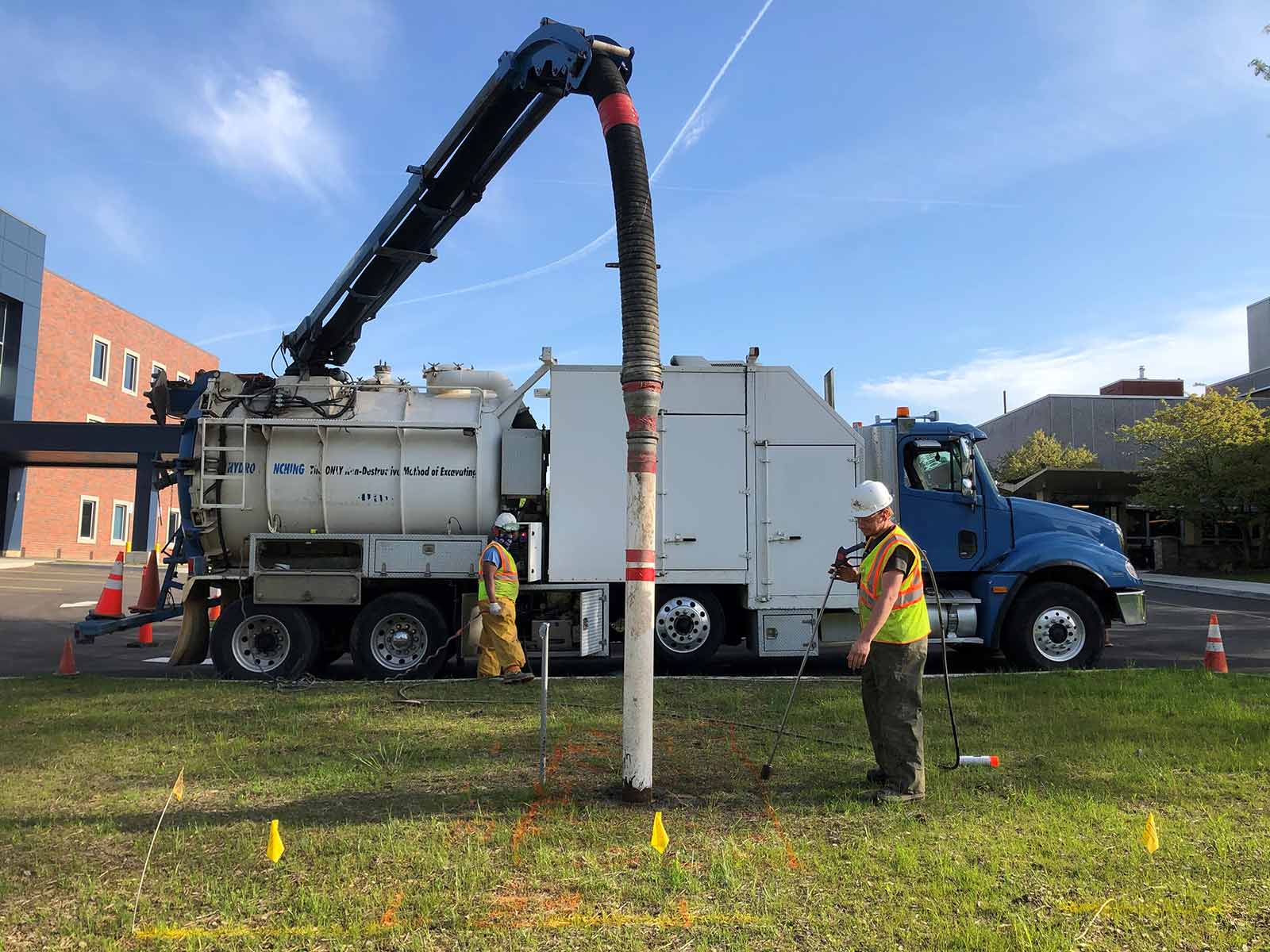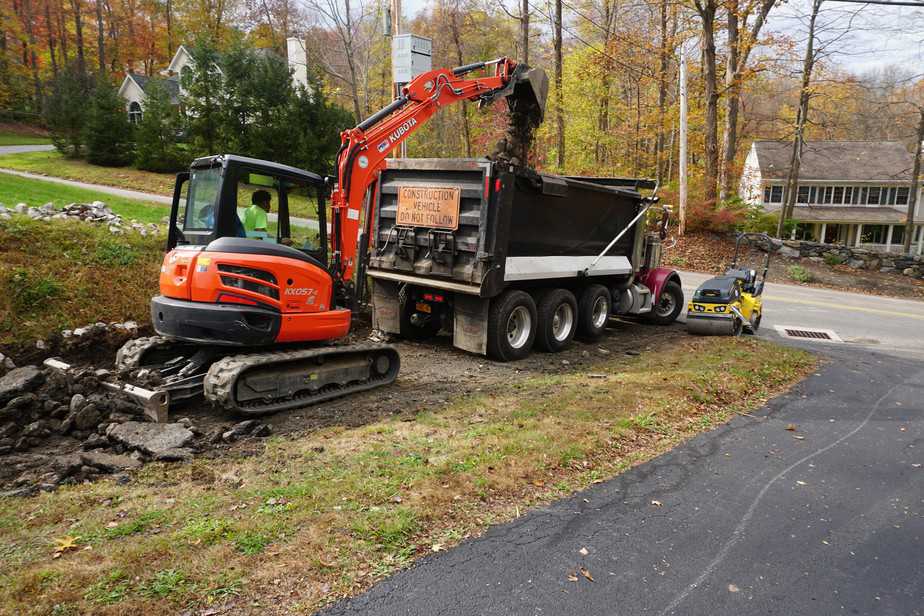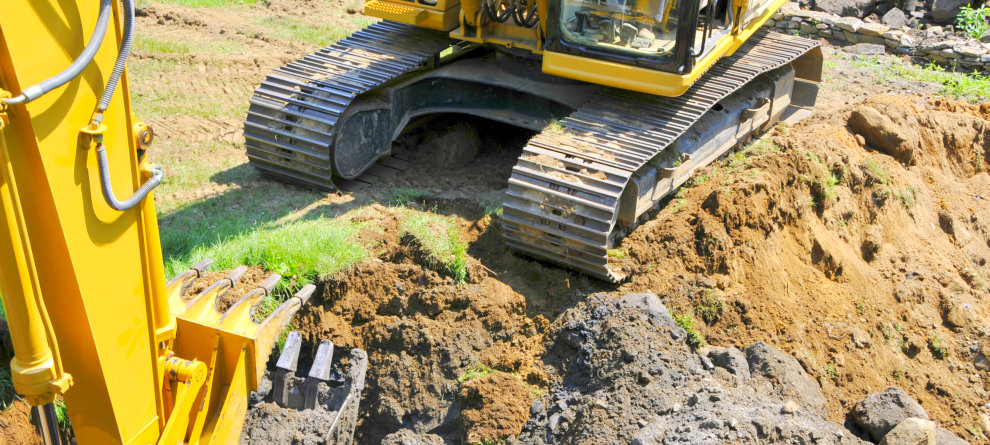Budget-friendly Lancaster Excavation - High Quality Excavation at Competitive Rates
Wiki Article
Comprehensive Excavation Techniques: Mastering the Fundamentals for Success
In the world of building and construction and civil design, the value of effective excavation techniques can not be overemphasized. The cautious preparation, exact execution, and careful focus to information required in excavation tasks require a comprehensive strategy that includes various fundamental facets. From initial dirt evaluation to the application of safety and security measures and routine progression monitoring, mastering these core elements is vital for attaining success in any kind of excavation endeavor. However, real proficiency lies not just in recognizing these basics however in effortlessly incorporating them to browse the complexities of excavation projects with finesse.Recognizing Excavation Project Preparation

Successful excavation jobs are constructed on the foundation of meticulous and thorough planning. The first phase of any kind of excavation job is the drawing board, where important choices are made that can considerably influence the result of the project. Throughout this phase, it is essential to gather all pertinent details about the site, including topographical studies, dirt make-up, and any type of prospective hazards that might exist. Recognizing the task timeline, extent, and budget restrictions is essential for producing a thorough excavation strategy that guarantees the job's success.
One key facet of excavation task preparation is the advancement of an in-depth timeline that lays out the series of activities, target dates, and turning points. By very carefully taking into consideration all these variables throughout the planning stage, excavation tasks can be executed successfully and properly, leading to effective end results - septic ohio.
Dirt Evaluation and Site Examination
Performing complete soil analysis and site assessment is a critical action in the prep work phase of any type of excavation task. Dirt evaluation includes identifying the make-up, structure, and residential properties of the dirt at the excavation website. This info is important for understanding the soil's bearing capacity, dampness web content, and potential for disintegration, which are vital variables in figuring out the excavation techniques and equipment required for the job.Site examination exceeds soil analysis and includes a wider evaluation of the overall website conditions. This examination includes determining any type of prospective hazards, such as underground utilities, environmental problems, or unstable surface, that can influence the excavation procedure. By extensively evaluating the site, task managers can develop reliable excavation approaches that focus on security, efficiency, and environmental management.
Utilizing sophisticated technologies like ground-penetrating radar, soil sampling, and drone surveys can boost the accuracy and efficiency of soil evaluation and site examination. Investing time and sources in these preliminary steps can inevitably save time and avoid expensive hold-ups or difficulties during the excavation process.
Tools Option and Utilization
Reliable excavation projects depend heavily on tactical equipment choice and application to guarantee optimum efficiency and efficiency. Choosing the ideal equipment for the job is vital in making the most of efficiency and lessening downtime. Variables such as the sort of dirt, deepness of excavation, and project scope play a considerable duty in determining the most appropriate tools for the task handy.
Along with picking the ideal devices, proper usage is crucial to project success. Operators must be educated to handle the equipment securely and successfully - dump truck companies in ohio. Routine upkeep checks and prompt fixings aid protect against malfunctions and ensure constant performance throughout the job
Safety Measures and Regulations Conformity
In the world of excavation projects, focusing on safety and security procedures and conformity with policies is vital to making sure a secure and lawfully audio functional environment. Precaution include an array of practices, including performing comprehensive site evaluations, executing proper signs and obstacles, and giving ample security training for all employees entailed in the excavation process. Adherence to guidelines, such as OSHA requirements in the USA, ensures that the excavation job meets the necessary requirements to safeguard employees, onlookers, and the surrounding setting.
Surveillance Development and Adjusting Techniques
Exactly how can predict managers efficiently track the development of excavation projects and adapt their methods appropriately to optimize outcomes? Monitoring development is vital for guaranteeing that excavation tasks stay on track and fulfill due dates.
Verdict
Finally, grasping the fundamentals of comprehensive excavation methods is crucial for the success of any job. By comprehending job preparation, examining soil and site conditions, picking appropriate devices, abiding by safety and security laws, and checking progress, task managers can guarantee a efficient and smooth excavation procedure. Carrying out these approaches will certainly bring about successful end results and minimize prospective threats or obstacles during the excavation project.
The first phase of any excavation project is the planning phase, where crucial choices are made that can significantly affect the result of the task. Comprehending the task spending plan, scope, and timeline restraints is essential for developing a detailed excavation strategy that ensures the project's success.
Just see how can forecast managers successfully track the innovation of excavation projects and adjust their methods accordingly to maximize end results? By closely keeping track of progress and being ready to adjust approaches, project managers can boost the general success of excavation jobs.
By recognizing job planning, assessing dirt and website conditions, selecting suitable equipment, abiding with security guidelines, and keeping track of progress, job managers can make certain a effective and smooth excavation process.
Report this wiki page